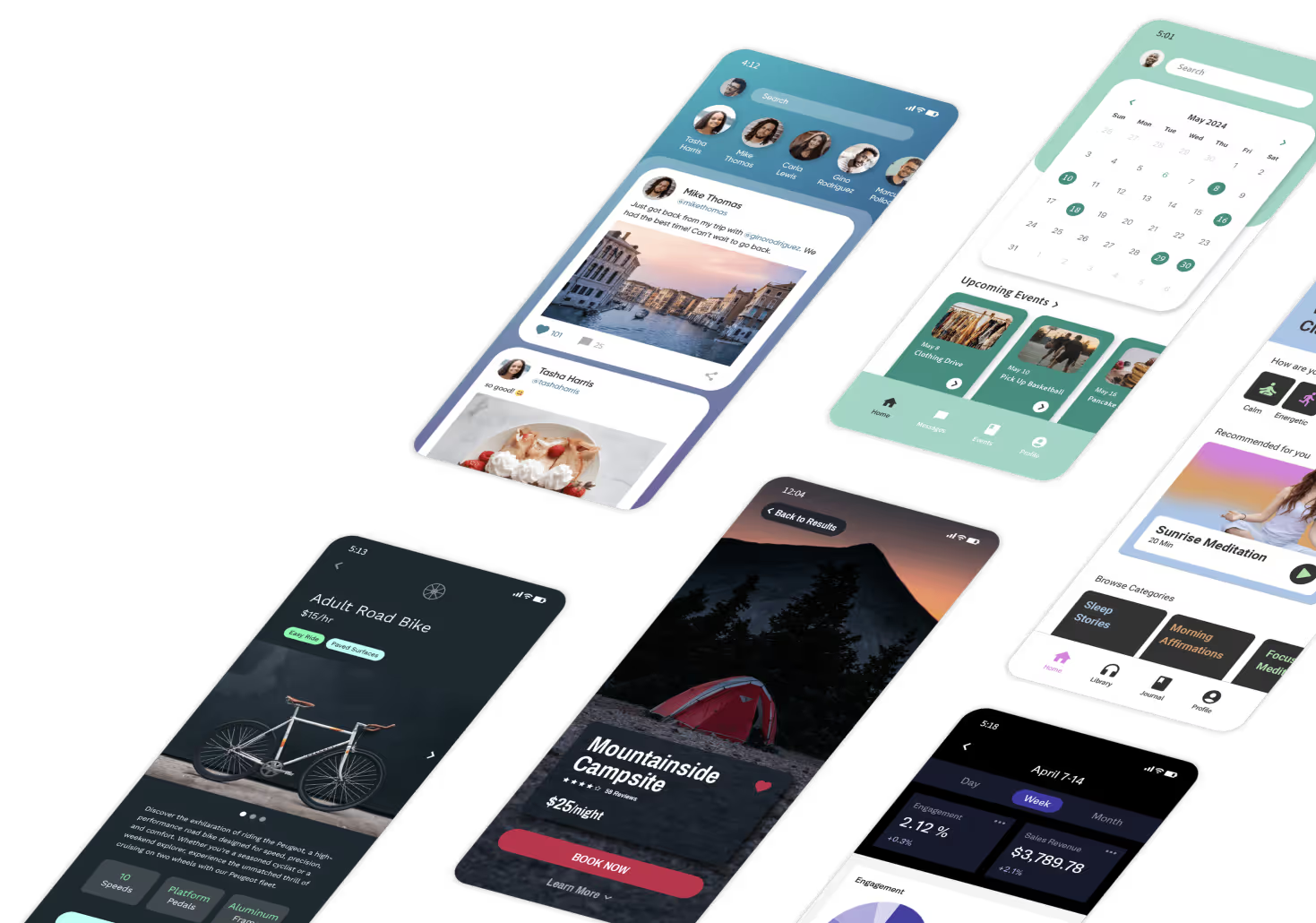If you’re creating an app, one of the most important things that will come up as you do your research will be ‘how do I build a secure mobile app’? In today’s blog, we’ll examine what app security is, why it’s important, and some security and permission measures you can familiarize yourself with!

What is Mobile App Security?
Mobile app security is a measure to secure applications from external threats like malware or any action that puts critical personal and financial information at risk. A breach in mobile security can not only give unauthorized people access to personal or sensitive information, but also data like their current location, banking information, and much more.
You might recall that most mobile apps require a user to accept terms and conditions before launching, it's safe to say people tend to skip over the pages of small print and just hit the "accept" button — trusting the app maker has the best interest of users in mind.
And while there may be little that you, a mobile app user, can do apart from reading the terms and choosing whether or not to accept them, there is plenty that a mobile app developer can do to protect their users’ data privacy. Data protection is a shared responsibility by everyone involved in app development.
That’s what we’re discussing today!

Make privacy information easy to understand
Important information like this should be communicated in a way that's easily understood by the reader. For example, rather than a endless flow of small print and paragraphs of technical or legal sounding jargon, make it clear for your user to understand:
- The purpose for collecting data
- The benefit to the user
- What specific personal data is collected
- What the data is used for
- How long data is retained by the app
- How data can be deleted by the user
Perform a basic risk analysis
- Data leaks: Applications with insufficient security are at constant risk of being breached, which can result in data like payment credentials, system passwords, and PINs being leaked
- Scams: Any mobile application developed to carry out financial transactions will always be under the radar of fraudulent activity
Minimal Application Permissions
Permissions give applications the freedom and power to operate more effectively. But, at the same time, they make apps vulnerable to hackers’ attacks. Mobile apps should stay away from seeking permission requests beyond their functional area.

Enhance Data Security
Data security policy and guidelines should be established to ensure users can easily avoid getting caught in the trap of hackers. This can include having well-implemented data encryption when the information is transferred between devices and using firewalls and security tools whenever necessary.
Test Your App Often
Securing a mobile app is not a one-time activity. Make sure you prioritize regular testing to keep your app security and data safe for users. This ongoing process will help you identify any potential threats that might emerge.
We hope these tips help you build a safe and secure mobile app!
Happy building!














